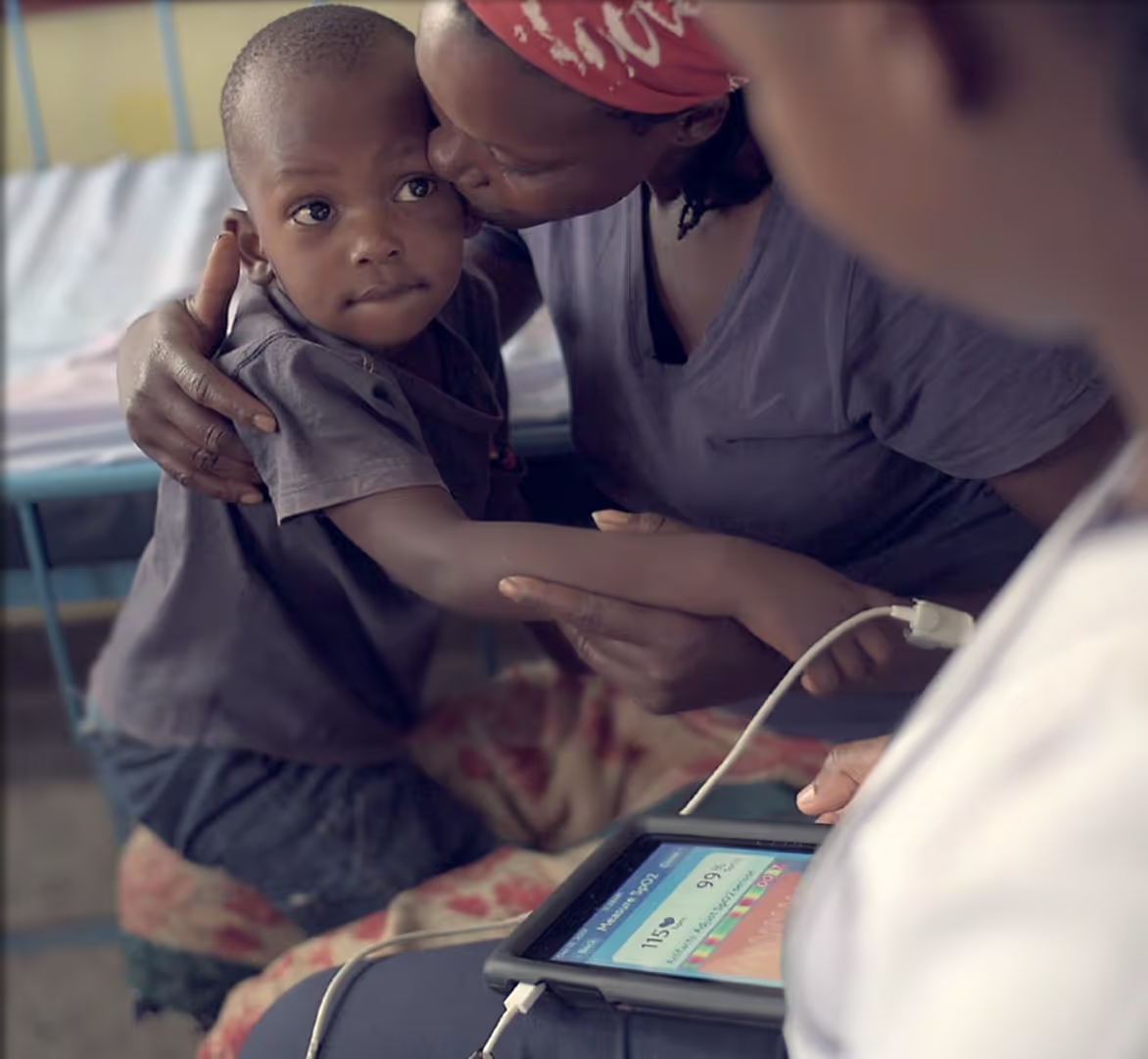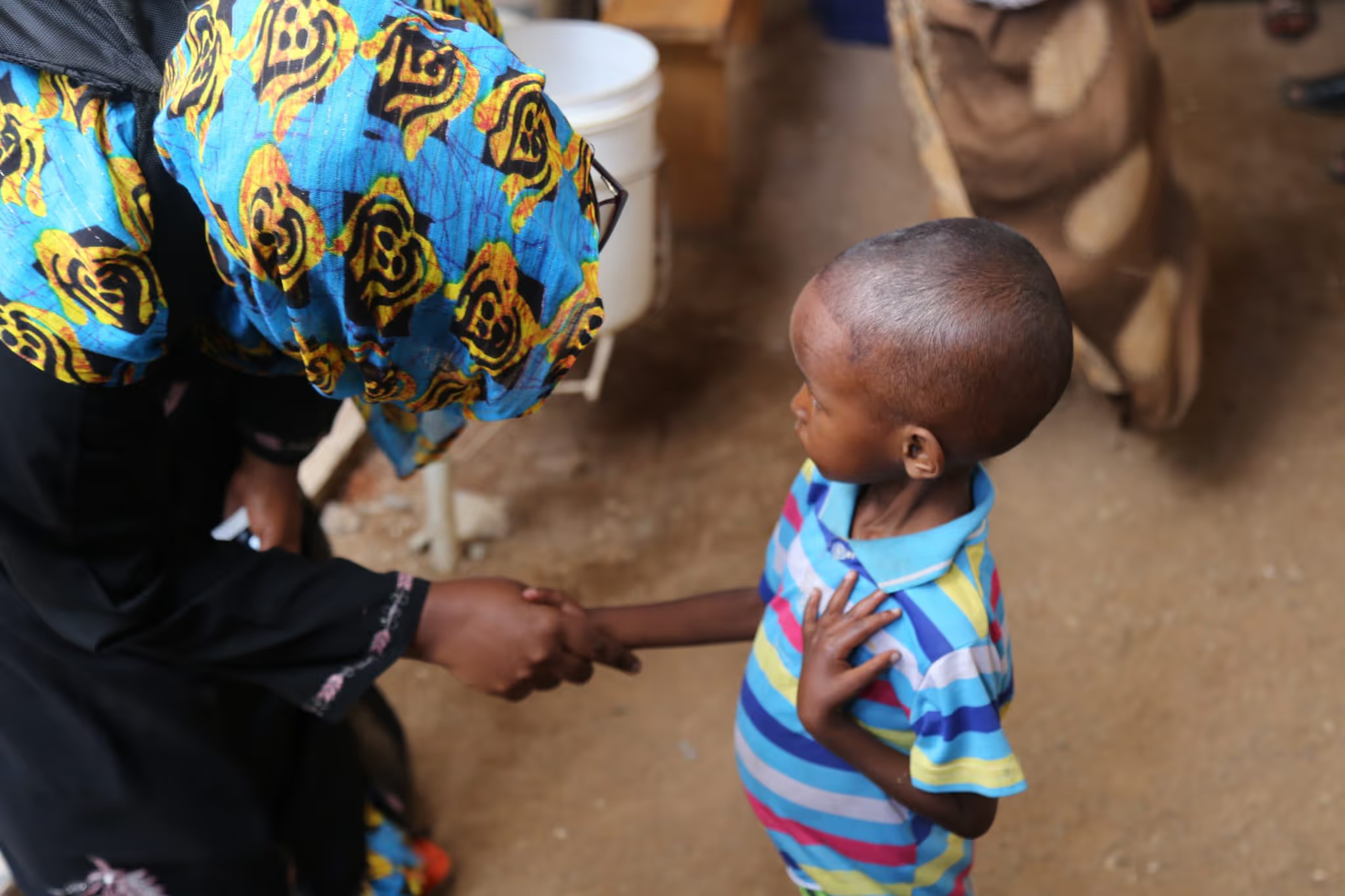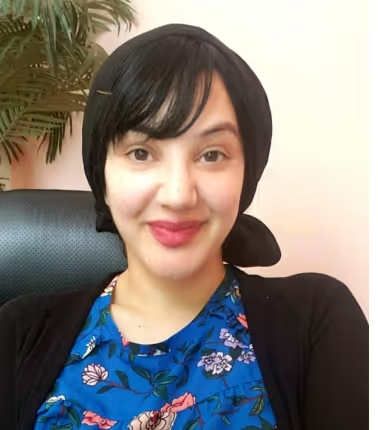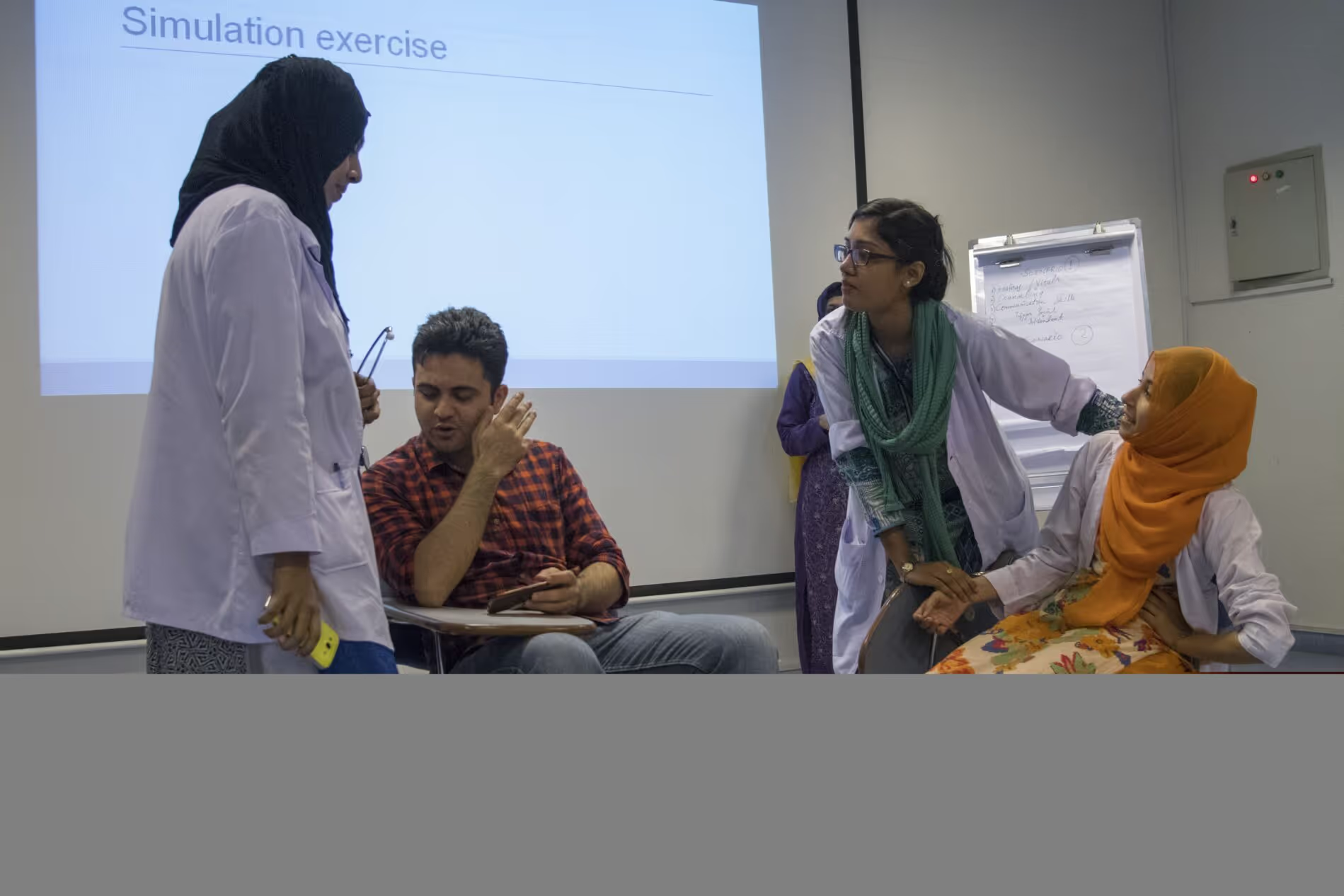Smart Discharges for refugee children: Improving hospital-to-community care transitions
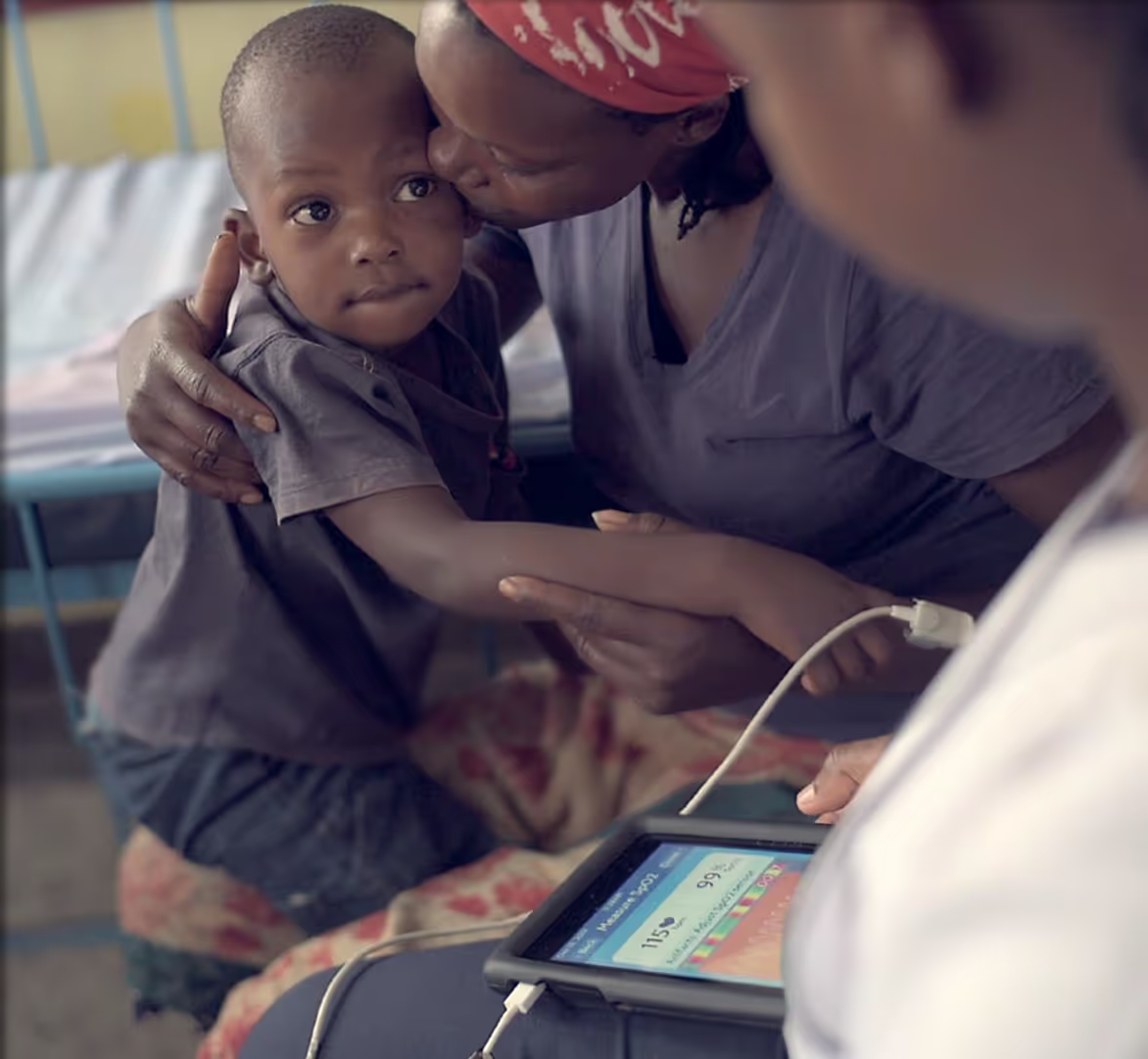
Project overview
Smart Discharges is a digital health research program aiming to improve paediatric post-discharge health outcomes by identifying at-risk children using scientifically rigorous, data-driven prediction models and mitigating risk through health education and post-discharge follow-up referrals.
Countries
Uganda
Organisations
World Alliance for Lung and Intensive Care Medicine in Uganda
Partners
Centre for International Child Health, International Rescue Committee
Area of funding
Humanitarian Research
Grant amount
£399,171.00
Start date
01
March
2023
End date
01
February
2025
Project length (in months)
23
Funding calls
Focus areas
No items found.
Topics
No items found.
Status
Live
Project solution
This project offers [specific solution or intervention] to tackle [challenge]. By implementing [strategies, tools, or innovations], the project aims to achieve [desired outcomes]. The approach is designed to [specific actions or methods] to bring about meaningful change in [community, region, or issue area].
Expected outcomes
This project aims to achieve [specific outcomes], such as [measurable results, improvements, or changes]. The expected impact includes [benefits to the target community, advancements in research or innovation, or long-term effects]. By the end of the project, we anticipate [specific changes or milestones] that will contribute to [broader goals or objectives].
Principal Investigators: Dr. Nathan Kenya-Mugisha and Dr. Matthew Wiens
Purpose
In many African countries, paediatric post-discharge mortality following in-hospital treatment for severe infectious illness is higher than in-hospital mortality (5-8%). Risk algorithms can be used to help health workers identify those most vulnerable to poor post-discharge outcomes. They can also assist health workers in providing personalised discharge counselling and recommending effective follow-up care. This can improve overall system efficiency. While this approach has shown promise among general paediatric populations, no research has addressed issues of post-discharge morbidity and mortality within the refugee context, where unique vulnerabilities exist.
This study aims to develop and validate the Smart Discharges approach to improve outcomes among children in refugee settings, and ultimately to build a generalisable and inclusive solution to improving paediatric post-discharge outcomes.
Expected Outcomes
This study will validate the Smart Discharges prediction model for post-discharge mortality among children living in refugee settings and generate evidence on the epidemiology of paediatric post-discharge morbidity and mortality in the context of a refugee setting.
The long-term goal is to integrate the predictive algorithms for refugee and non-refugee children into a single platform that can be implemented in any Ugandan hospital to support quality improvement on discharge and post-discharge care. Ultimately, this work will lead to improved quality of post-discharge care and reduced post-discharge mortality for children living in refugee settings in Uganda.
Smart Discharges platform launched as part of Smart Quality Improvement (Smart QI) platform
Smart Discharges is a digital health programme within the Smart QI Platform. Smart QI uses data-driven risk prediction to target interventions towards mothers, newborns, and children during the patient journey – from triage to post-discharge. The goal is to provide the right intervention at the right time to the right patient, envisioning the development of health system efficiency through simple and cost-effective digital innovations.
[.cta_link]View the platform[.cta_link]
No items found.
Project delivery & updates
Stay up to date with the latest developments from this project. Here, you will find details on what has been delivered, resources created, and regular updates as the project progresses. Access key documents, reports, and other materials to see how the project is making an impact.
No resources/updates have been published yet for this project. Sign up for our newsletter to stay informed about upcoming publications and updates!
Join our Newsletter
Resources
No items found.
Latest updates
No items found.

